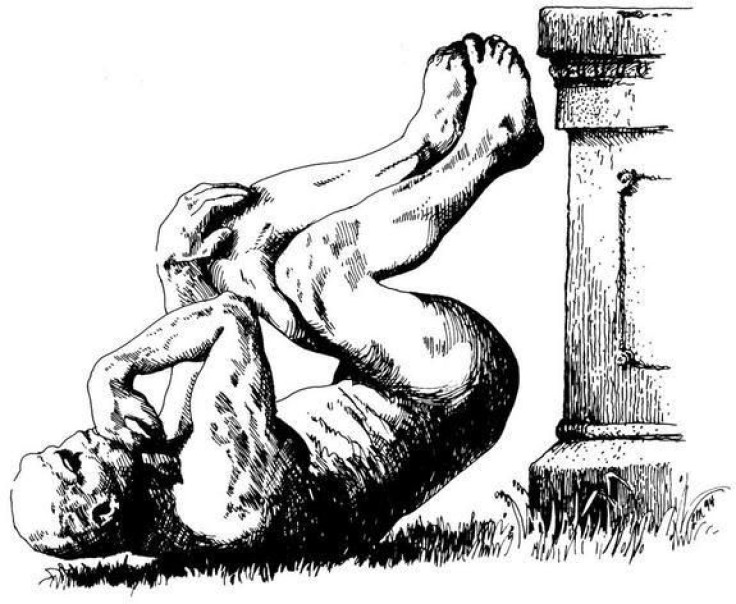2014 Ig Nobel Prize: Slippery Banana Peels And Jesus Toast, Honoring The Best Of Weird Science

Groundbreaking scientific research often leaves the most important stoned unturned. For everyone who’s ever waded through a headline about some breakthrough research and thought, “That’s great, but how slippery is a banana peel?” there’s the 2014 Ig Nobel Prize, a real award for real scientists answering the questions that are actually worth asking: Why do people see Jesus in toast? How scared do reindeer get when they see humans dressed up like polar bears? Can cured pork stop an "uncontrollable" nosebleed?
If you’re a citizen of the internet, you probably f*cking love science. But if you prefer your experiments to be more Dr. Nick than Dr. Einstein, you’ll love the Ig Nobel Prize, which highlights the very best of the weird and wacky scientific research that might fly under the radar.
The Ig Nobel Prize laureates know their work isn’t as conventionally important as the work from the minds researching the Higgs Boson, quantum optics and stem cell research, but the Ig Nobel Prize laureates embrace the distinction and don't mind poking a little fun at their own scientific efforts. Last year, the Ig Nobel Prize, hosted by the Annals of Improbable Research and sponsored by Harvard University, for psychology was awarded to "beer googles" research.
The 2014 Ig Nobel Prize for Physics went to Kiyoshi Mabuchi, Kensei Tanaka, Daichi Uchijima and Rina Sakai for their 2012 study titled "Frictional Coefficient under Banana Skin." In non-scientific terms, the team studied just how slippery a banana peel is when one steps on it, an old and dear comedic setup.
Jiangang Liu, Jun Li, Lu Feng, Ling Li, Jie Tian, and Kang Lee won the 2014 Ig Nobel Prize for Neuroscience for their research in pareidolia, the psychological effect of seeing something significant in something vague. In this case, the team studied the phenomenon of people seeing Jesus in toast, tacos or on a window.
You might be thinking to yourself, "That research could be useful," well, the Ig Nobel Prizes do not stop there. Ian Humphreys, Sonal Saraiya, Walter Belenky and James Dworkin won the 2014 Ig Nobel Prize for Medicine for using cured pork to stop "uncontrollable" nosebleeds, which proved to be quite effective. Eigil Reimers and Sindre Eftestøl won the 2014 Ig Nobel Prize for Arctic Science for determining just how scared reindeer are when they see a human dressed up as a polar bear.
To explore past Ig Nobel Prize winners, Silk has created an interactive database of all honorees.
You can watch scientists have some fun at the 2014 Ig Nobel Prize ceremony below.
© Copyright IBTimes 2024. All rights reserved.












